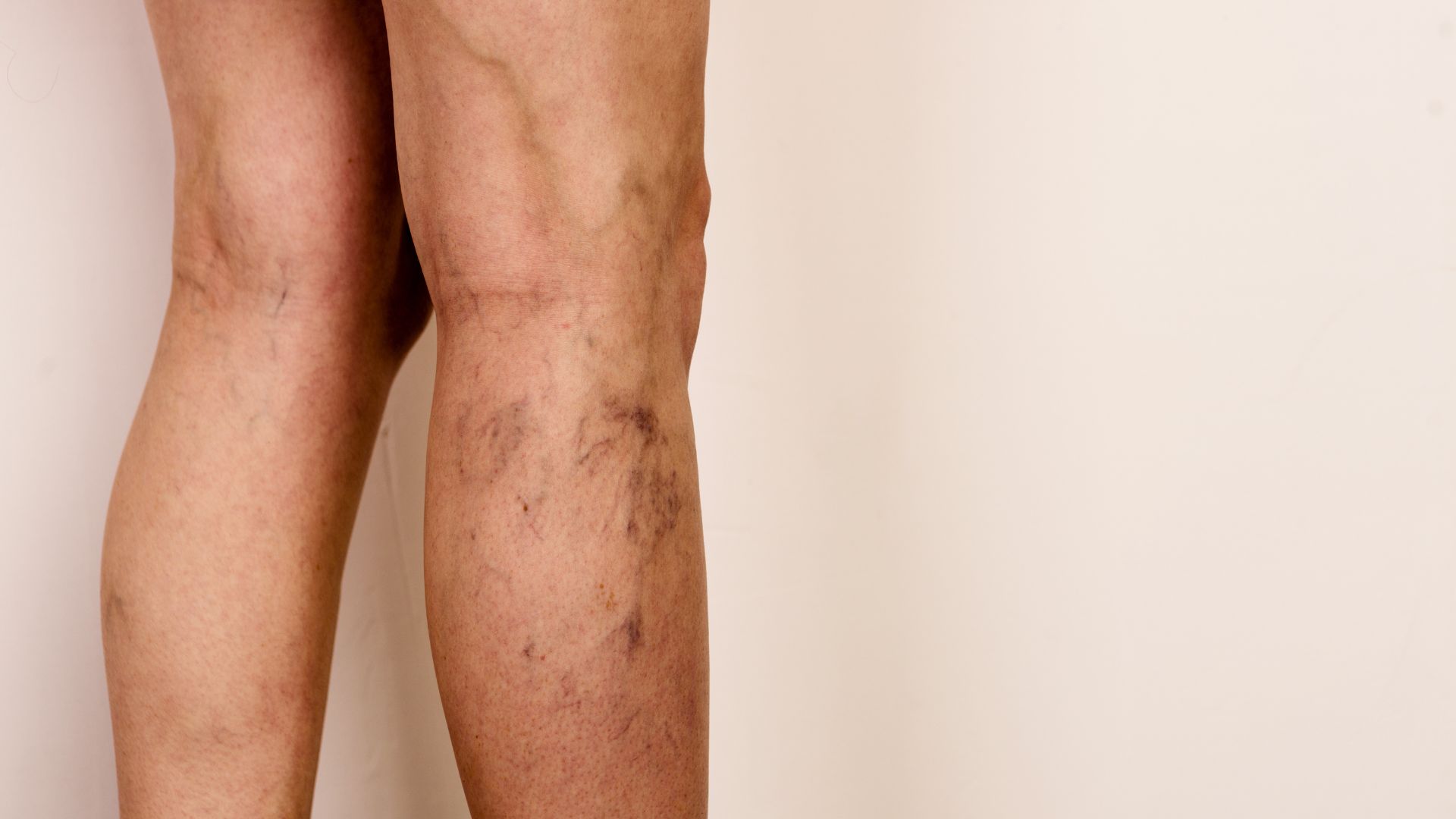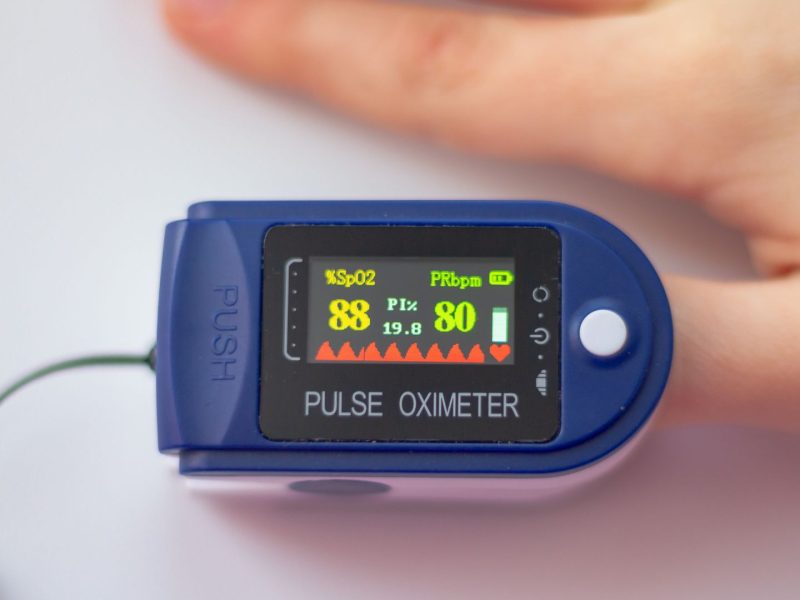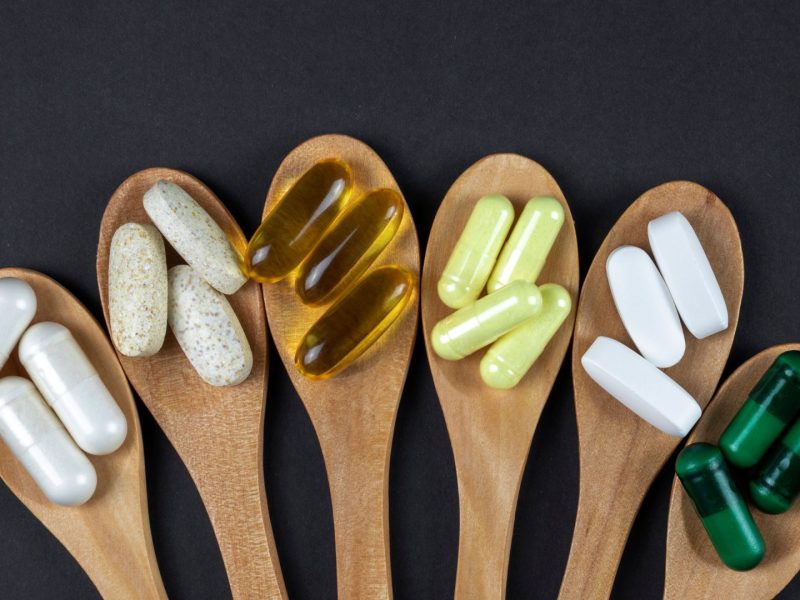“Can varicose veins be treated naturally?” The short answer is—yes, but with limitations. While severe cases may require medical intervention, there are several natural approaches that can help improve symptoms and prevent the condition from worsening. If you’re dealing with varicose veins and looking for non-invasive solutions, this guide is for you.
Understanding Varicose Veins
Varicose veins occur when veins become enlarged, twisted, and filled with blood due to weakened or damaged valves. They are most common in the legs, where circulation is often more strained. While genetics play a role, lifestyle factors such as prolonged sitting or standing, obesity, and lack of exercise can contribute to their development.
Can You Treat Varicose Veins Naturally?
While natural treatments cannot completely eliminate varicose veins, they can significantly reduce discomfort, improve circulation, and slow down their progression. Let’s explore some effective remedies:
1. Exercise Regularly
Staying active is one of the best ways to boost circulation and prevent blood from pooling in the veins. Low-impact activities such as:
- Walking
- Swimming
- Cycling
- Yoga help strengthen the leg muscles, which support healthy blood flow.
2. Elevate Your Legs
Whenever possible, elevate your legs above heart level for 15-20 minutes. This helps reduce swelling and improves circulation, especially after long periods of standing or sitting.
3. Wear Compression Stockings
Compression stockings apply gentle pressure to the legs, encouraging blood to flow back toward the heart. They are particularly beneficial for individuals who spend long hours on their feet.
4. Maintain a Healthy Weight
Excess weight puts added pressure on the veins, worsening varicose veins over time. A balanced diet rich in:
- Fiber (whole grains, fruits, vegetables)
- Antioxidants (berries, leafy greens, nuts)
- Omega-3 fatty acids (salmon, flaxseeds) can support vein health and improve circulation.
5. Stay Hydrated
Dehydration can thicken the blood, making it harder for veins to function efficiently. Drinking plenty of water ensures proper circulation and prevents the worsening of symptoms.
6. Herbal Remedies and Essential Oils
Certain natural extracts may help reduce swelling and inflammation, including:
- Horse Chestnut Extract – Known to strengthen vein walls and reduce discomfort.
- Butcher’s Broom – Improves circulation and decreases swelling.
- Witch Hazel – Used topically to soothe varicose veins and reduce inflammation.
7. Avoid Sitting or Standing for Too Long
If your job requires prolonged sitting or standing, make it a habit to move around every 30 minutes. Simple movements like stretching, flexing your calves, or taking short walks can prevent blood from pooling.
When to Seek Medical Treatment
While natural remedies can help manage mild cases, you should consult a doctor if you experience:
- Severe pain or swelling
- Skin ulcers or sores near the veins
- Bleeding from varicose veins
- A sudden increase in symptoms
Final Thoughts
Managing varicose veins naturally is possible with lifestyle changes, regular movement, and a healthy diet. However, if symptoms persist or worsen, medical treatments like sclerotherapy or laser therapy may be necessary. The key is to take proactive steps to support your vein health early on.
Have you tried any natural remedies for varicose veins? Share your experiences or questions below!



